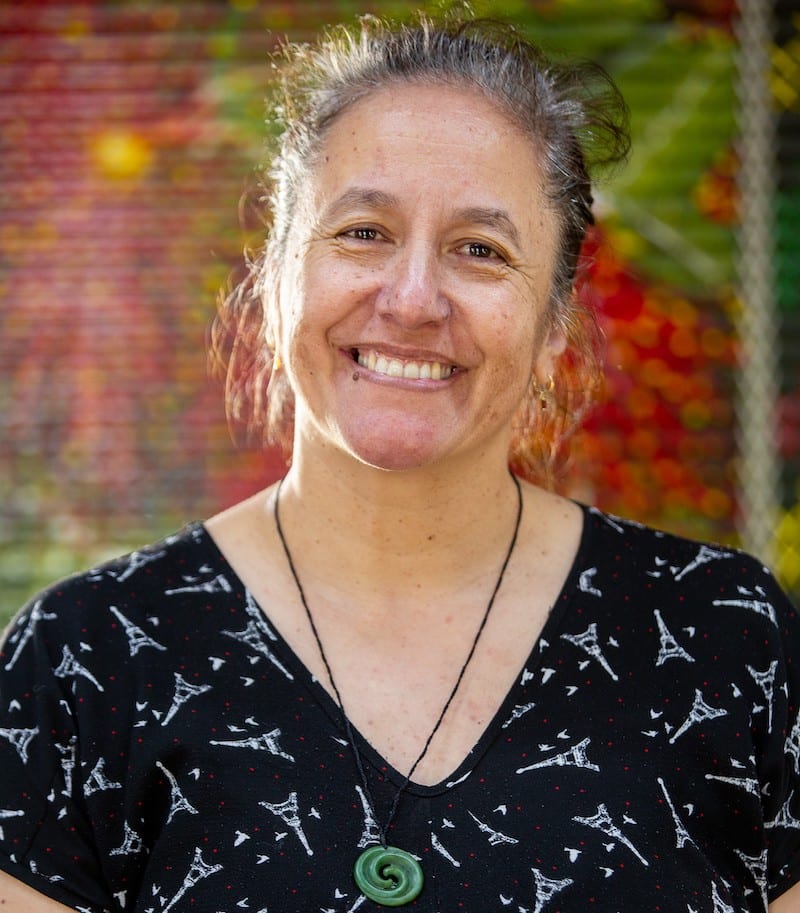In her work developing and testing interventions to improve health outcomes for Māori, Dr Matire Harwood is working hard to ensure nobody in New Zealand’s health system gets left behind.
Māori live on average seven years less than non-Māori and are 2.5 times more likely to die from diseases that are preventable with timely and effective health care. But Dr Matire Harwood knows it doesn’t have to be that way. “I don’t accept the status quo,” she says. “There are a lot of stereotypes and assumptions that are being made, and I think to be a good researcher you should always challenge that.” Harwood divides her time between general practice in South Auckland, teaching at the University of Auckland medical school, and research. In her clinical research career, Harwood has helped develop and test community interventions for asthma, heart disease, stroke and diabetes. “I like to see how I can help people live good-quality lives at home while they have a long-term condition,” she says.
She was instrumental in developing a self-directed rehabilitation programme for Māori and Pacific New Zealanders following a stroke, which led to changes in the national stroke- management guidelines. She has also been part of a team that researched the effectiveness of a combination inhaler containing both preventative and reliever medication – known as the SMART regimen – to treat Māori with asthma, leading to PHARMAC funding the medication. Recently, she has been leading Mana Tū, a project utilising kaimanaaki-whānau (indigenous health workers) in general practices to help identify people with poorly controlled diabetes and assist them in taking charge of living with their long-term condition.
Last year, a $2 million research grant was awarded to a University of Auckland team led by Harwood and Dr Corina Grey to look at inequities in health outcomes from cardiovascular disease among Māori and Pacific people. The three-year study will consider how the risk of heart disease is assessed and managed, and determine how to reduce delays in treatment and improve access to hospital care and post-hospital management of the condition. Harwood has been honoured with numerous awards for her research – in 2019 she was recognised for her contribution to Māori health with the Te Tohu Rapuora award from the Health Research Council.
Although there’s been much research highlighting health disparities between Māori and non-Māori, Harwood believes it does little to achieve change. “A lot of the research to date in the area of indigenous health has been recording inequities and access to and through the health system. My research tends to focus on developing and testing interventions that might actually achieve equity,” she explains. “How can we change the health system to be more responsive so that the rights of indigenous peoples to good healthcare and good health outcomes are being met?”
Harwood places great value on talking to patients. “Everyone thinks the gold standard is randomised control trials, but I think people’s stories are just as powerful.”




